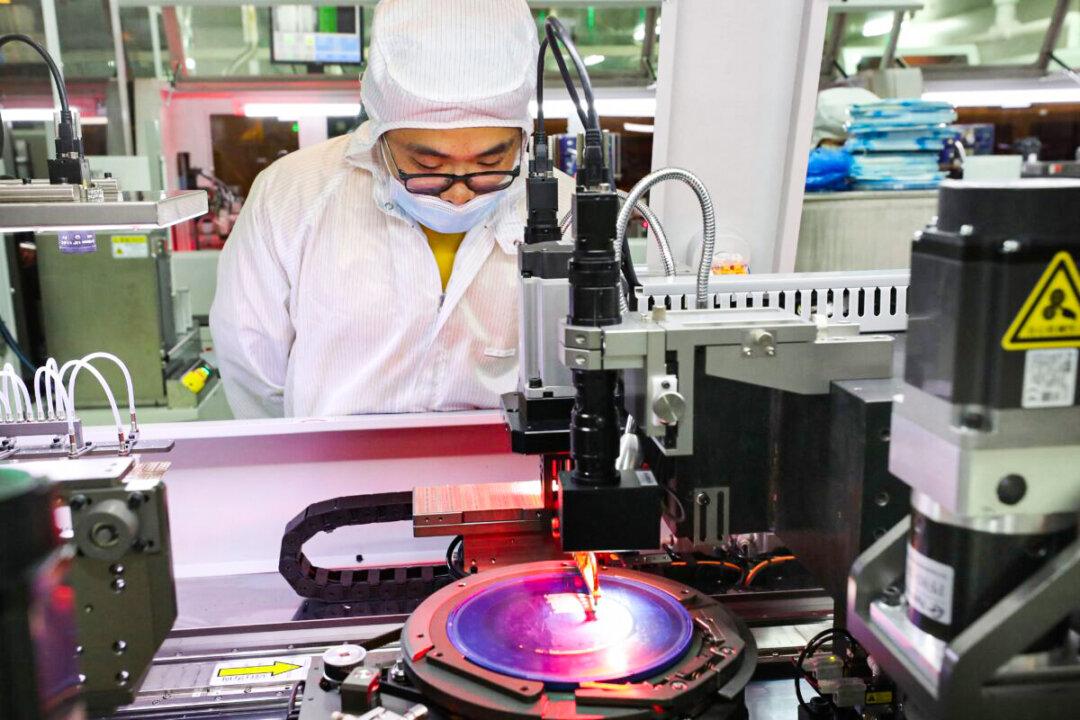Afghanistan’s newly ensconced Taliban regime has been looking to China for major economic support, but the Taliban’s lithium-mining invitation to South Korea has displeased the Chinese Communist Party (CCP). To keep Beijing happy, the Taliban offered it copper mining rights.
Enduring 20 years of war, Afghanistan is one of the poorest countries in the world. According to the World Bank, Afghanistan’s gross domestic product (GDP) in 2020 was $19.8 billion (compared to the United State’s $20.93 trillion), and its GDP per capita was only $508.8 (compared to United State’s $63,543.6). Former Afghan President Ashraf Ghani revealed last year that 90 percent of Afghanistan’s population was living on less than $2 a day.






